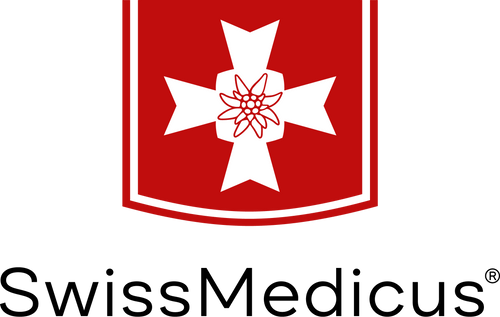What professions are prone to chronic venous disease?
Can't wear heels? Are you bothered by swollen feet, tingling, and the feeling that someone has attached a weight to your ankle? Are new bumps appearing on your thighs? You're not alone. Chronic venous disease afflicts a large part of the adult population, and some professions cannot even avoid it.
How does the feeling of heavy legs arise?
The veins in the legs carry blood against the direction of gravity back to the heart . Veins have valves and a muscular pump that prevents blood from flowing in the opposite direction. When veins are tired and inelastic , they appear feeling of heavy legs .
It plays a major role in this Type III collagen , which is very flexible. During life, its production is disrupted and less flexible types of collagen accumulate in the blood vessels. The result is hardening and stiffening of the blood vessels, as well as the development of various diseases of the vascular system, such as chronic venous insufficiency.
Who is most at risk for venous disease?
Chronic venous insufficiency affects up to half of the adult population. A major role in its development is played by heredity, gender and lifestyle .
- If someone in your family has problems with varicose veins , it is very likely that you will also suffer from venous disease.
- Women suffer from vein problems up to three times more often than men.
- Are you overweight, pregnant, taking hormonal contraception, suffering from hormonal imbalance, or standing or sitting for long periods of time during the day? You too fall into the risk group.
- Causes of heavy legs include dehydration, cardiovascular problems, or poor lymphatic system function.
Could your occupation be behind the development of chronic venous insufficiency?
Yes. There are professions that increase the risk of developing venous disease. What are they?
- Saleswomen
- Stylist
- Clerk
- Teachers
- Nurses
- Office positions, etc.
How do "heavy legs" manifest themselves?
- Decreased sensitivity in the feet
- Strenuous walking
- Swelling and pain in the lower extremities
- Tingling in the legs
- Tendency to develop varicose veins
- Increased formation of "whiskers"

How to stop it?
Fighting chronic venous disease requires start as soon as possible . If your legs are swollen, tingling, cramping, or heavy for several days, be sure to see a doctor. Don't blame it on fatigue or magnesium deficiency. Your doctor will examine you or send you for additional special tests to confirm the diagnosis. What will they definitely recommend to you then?
Change your lifestyle
Get started move more, eat a healthy diet . Try Keep your body weight within limits . Wear loose clothing that doesn't constrict you anywhere, avoid high heels and shoes without a solid sole. Even quality medical shoes can be nice.
Our tip: Do you know which sport is right for you? Cycling, walking or swimming.

Watch out for the sun
In hot summer weather, refresh regularly , make yourself comfortable when walking breaks , go to the pond to cool off. Prevent dehydration.
Wear compression stockings
They will reduce elevated venous pressure and bring relief. In addition, they prevent further problems.
Take the intravenous medications recommended by your doctor.
They improve venous circulation and blood flow through the veins, relieve venous hypertension, and strengthen the venous wall. Their regular and long-term use is the basis for success in combating the feeling of heavy legs .
Take care of your feet
Treat them every day massage with warm and cold water , lubricate them ointments that combat the feeling of heavy legs and care for veins.
Our tip: Go for herbs
In our market there are preparations with plant and herbal extracts that will bring your feet back to life. What herbs and plants can help you? Horse chestnut , sweet chestnut, ointment from celandine, calendula and poplar, gemmotherapeutic from the buds of rowan, boxwood or chestnut and moor grass.

